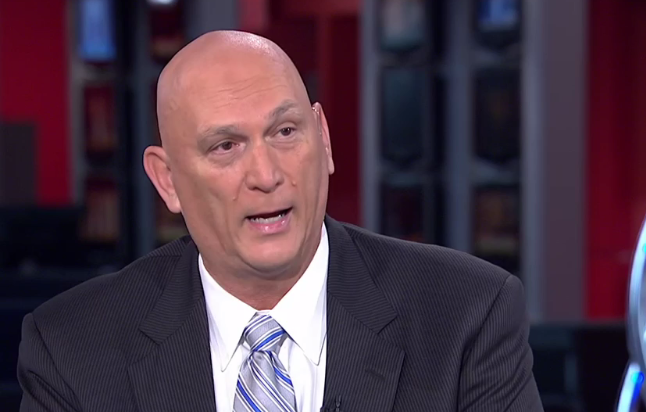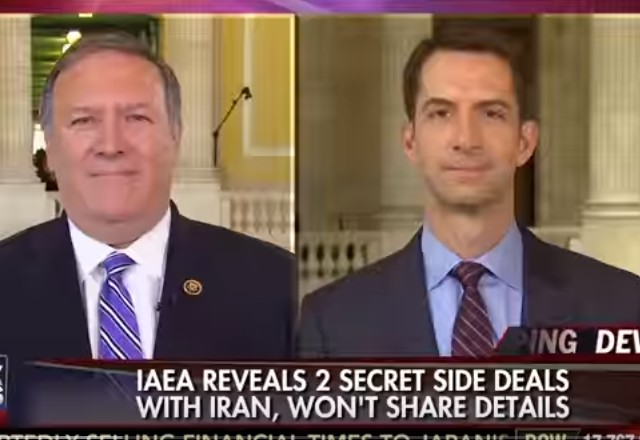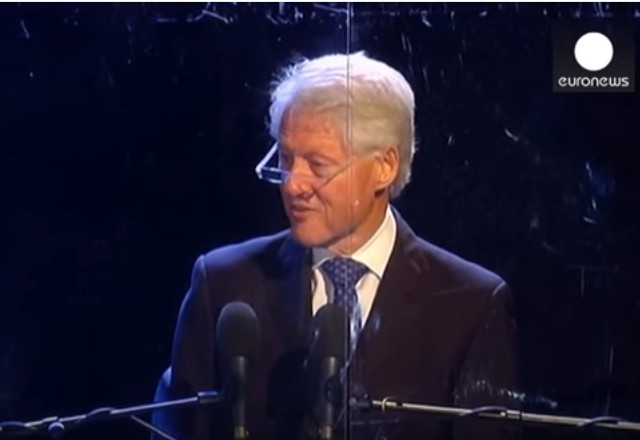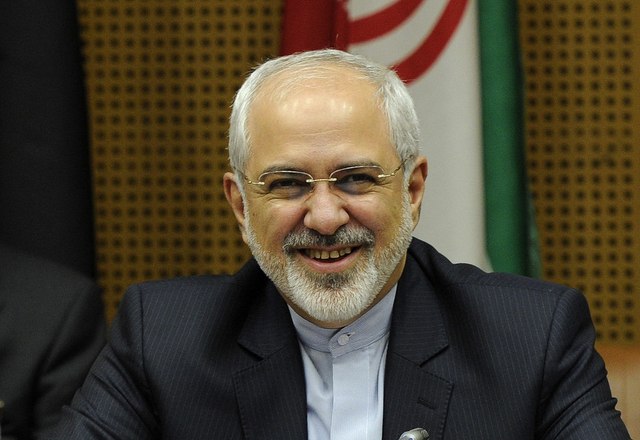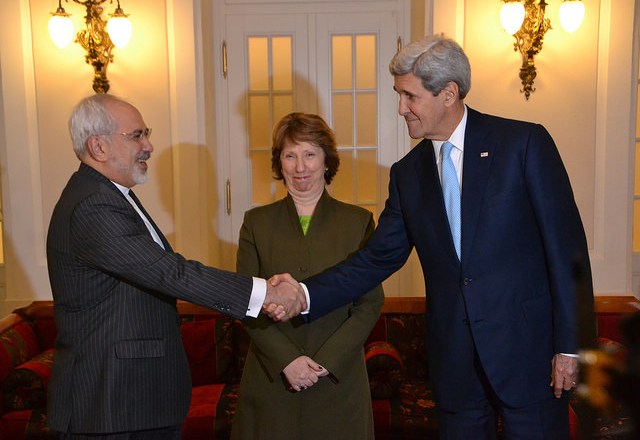When will NY Times Break the Silence about its implicit anti-Israel bias?
on December 26, 2015
3 Comments
Anti-Israel bias in The New York Times isn't news. But an article this week once again highlights how the Times promotes those who criticize or demonize Israel pretty uncritically, Israeli Veterans’ Criticism of West Bank Occupation Incites Furor.
The report in question was about the group Breaking the Silence, which the paper described as "a leftist organization of combat veterans that says it aims to expose the grim reality of Israel’s occupation of the West Bank."
Of course that's not all, it also has brought up of accusations, often unsubstantiated, of IDF misconduct during war too. Still the story of Breaking the Silence is portrayed as a referendum on Israel and its morality.
We read of the organization as being "at the center of a furor that is laying bare Israel’s divisions over its core values and the nature of its democracy," and "[highlighting] what it views as the corrosive nature of the occupation of the West Bank on Israeli society."



